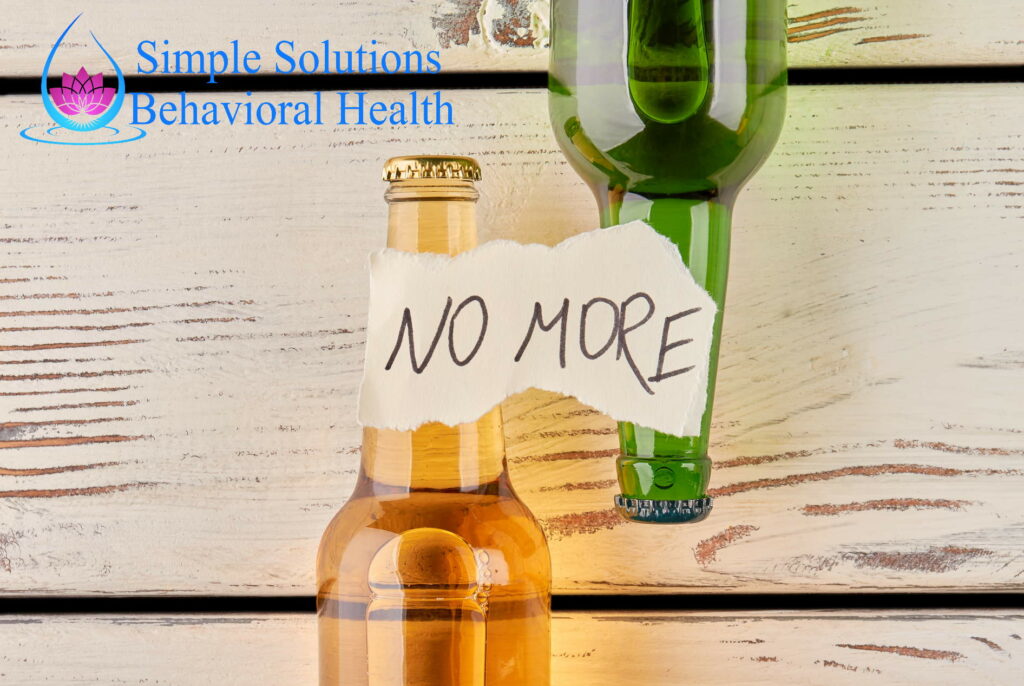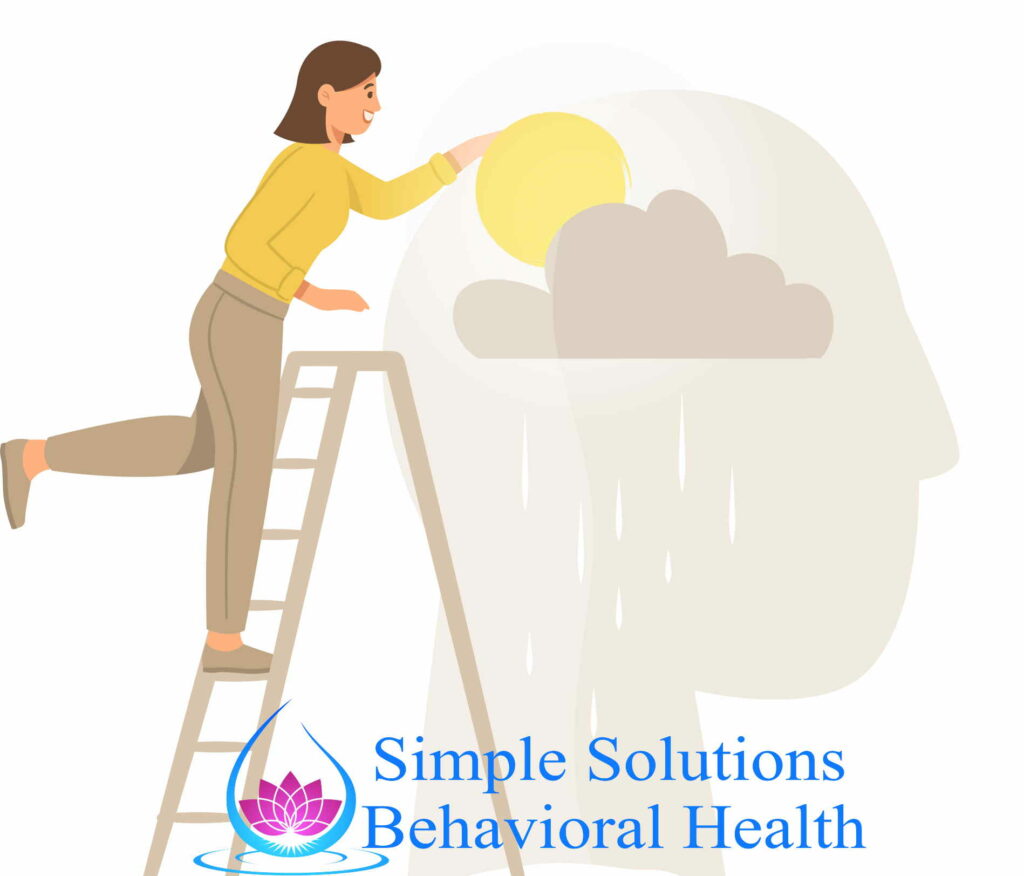Early recovery from alcohol addiction is a challenging but crucial phase in the journey towards sobriety. Here are some tips to help you or someone you know navigate this stage:
- Seek Professional Help:
Reach out to a healthcare professional, counselor, or addiction specialist to discuss your situation and develop a personalized treatment plan. They can guide you through the early recovery process and provide appropriate resources. - Join a Support Group:
Consider joining a support group like Alcoholics Anonymous (AA) or SMART Recovery. Connecting with others who have faced similar struggles can provide valuable insights, encouragement, and a sense of belonging. - Create a Supportive Environment:
Surround yourself with people who support your recovery and understand your goals. Minimize contact with individuals who may tempt or pressure you to drink. - Develop Coping Strategies:
Learn healthy coping mechanisms to manage stress, anxiety, and triggers that may lead to alcohol use. Techniques such as deep breathing, mindfulness, exercise, and hobbies can be helpful. - Establish a Routine:
Structure your day with a healthy and consistent routine. This can include regular exercise, meal times, work or volunteering, therapy sessions, and time for relaxation. - Avoid Triggers:
Identify situations, people, or places that trigger cravings for alcohol and try to avoid them. If you cannot completely avoid triggers, have a plan in place to manage and cope with them effectively. - Stay Active:
Engage in physical activities that you enjoy, as exercise can help reduce stress and anxiety while promoting overall well-being. - Practice Self-Care:
Prioritize self-care by getting enough sleep, eating a balanced diet, and engaging in activities that nourish your mind, body, and spirit. - Educate Yourself:
Learn about alcohol addiction, its effects on the body and mind, and the benefits of sobriety. Understanding the science behind addiction can reinforce your commitment to recovery. - Set Realistic Goals:
Set achievable short-term and long-term goals for your recovery. Celebrate your progress, no matter how small, and acknowledge your achievements. - Consider Therapy:
Individual or group therapy can provide you with valuable tools and strategies to overcome addiction, understand the root causes, and build resilience. - Avoid High-Risk Situations:
Steer clear of situations where you are likely to be exposed to alcohol, especially in the early stages of recovery. - Build a Sober Support Network:
Surround yourself with individuals who are also committed to sobriety. Attend recovery meetings regularly to connect with like-minded individuals. - Be Patient and Kind to Yourself:
Understand that recovery is a journey, and setbacks may occur. Be patient with yourself, learn from any slip-ups, and use them as motivation to continue on the path to sobriety. - Consider Aftercare:
Explore aftercare options such as sober living homes, continued therapy, or ongoing support groups to help maintain your recovery over the long term.
Remember, seeking professional help and building a strong support system are essential components of successful recovery from alcohol addiction. Reach out to professionals who can guide you through this challenging but rewarding journey.




